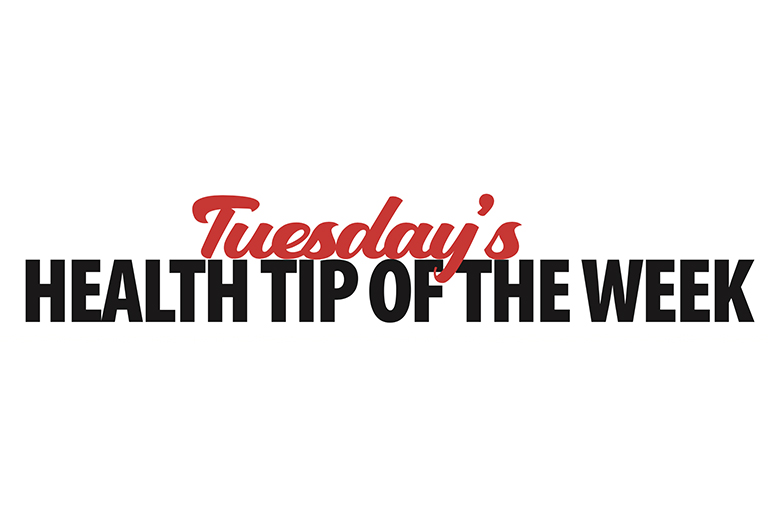Search by State
Search by Zip Code
Day in the Life
Century Park Blog

Americans are living longer than ever, but American men still aren’t living as long as American women. The average life expectancy for me in the US is now roughly 75 years; for women, it is more than 80 years.
Research suggests that a leading reason for this "longevity gap" between men and women is that men don’t take care of themselves as well as women do. Surveys have found that women are more likely to have a regular healthcare provider and to see them more regularly than men. Men are also more likely to engage in "risky" behaviors like smoking and drinking more heavily than women.
Tips for Older Men
- See your healthcare provider regularly. You should see your provider at least once a year for a checkup.
- Call or see your healthcare provider when you are feeling sick. In one survey, 40% of men said that if they were sick, they would delay seeking medical care for a few days. Prompt medical care can make a big difference.
- Take medications, vitamins and supplements only as directed. The longer you live and the more medicines you take, the more likely you are to experience some side effects so it is important for your provider to check all of your pills and make sure they are safe for you to take.
- Get your shots! Check with your local healthcare provider to make sure you are up to date.
- Use sunscreen. Aging skin is more susceptible to sun damage, which increases risks of skin cancer. Use sunscreen year-round and for added protection, wear a wide-brimmed hat.
- Lower your risk of falls and fractures. Be sure to get plenty of bone-healthy calcium and vitamin D daily. Do weight-bearing, bone-building exercises such as walking and jogging. Weightlifting and other strength training exercises are also good for your bones.
- Don’t smoke; quit if you do. It’s never too late to quit.
- Eat right. In later life, you still need to eat healthy foods, though you need fewer calories. The USDA’s website Choose My Plate can help you choose a healthier diet.
- Exercise your brain. Join a book club. Do word puzzles, number puzzles and jigsaw puzzles. Make sure you challenge your brain by trying new things rather than repeating the same exercises over and over again.
- Exercise your body. Regular exercise is important for good health, no matter how old you are. Along with a healthy diet, exercise helps you reach and maintain a healthy weight. It tones your heart, circulation, and muscles; strengthens bones; boosts brain function; lifts your mood; and can help prevent and ease depression.
- Spend time with others. Spending time and doing things with other people, of all ages, can help you keep mentally, physically and emotionally fit. It can also give your brain a boost and lift your mood.
- Get checked out! Screenings, or checking, for early signs of certain health problems can help diagnose them early.
These screenings are recommended for older men:
- Bone health evaluation
- Blood pressure check
- Cholesterol test
- Diabetes check
- Screenings for prostate cancer and colorectal cancer
- Hearing and vision screenings
- Depression screening
- Abdominal aortic aneurysm screening
- Dental check-ups
- Other screening tests as recommended by your healthcare provider
Connect.



